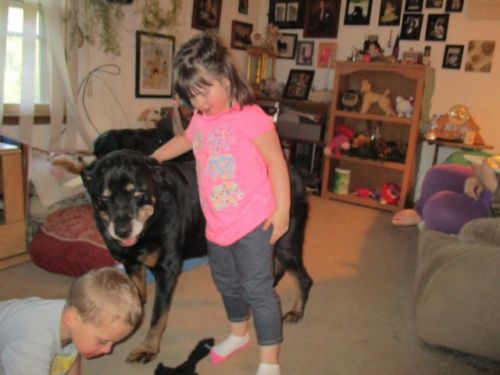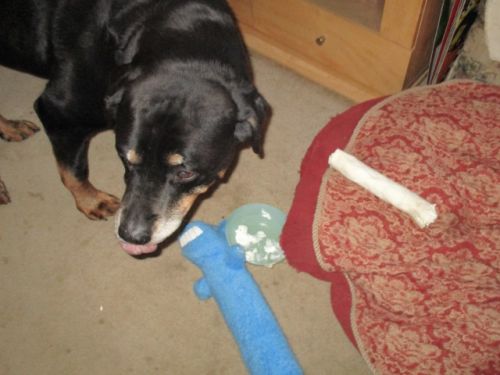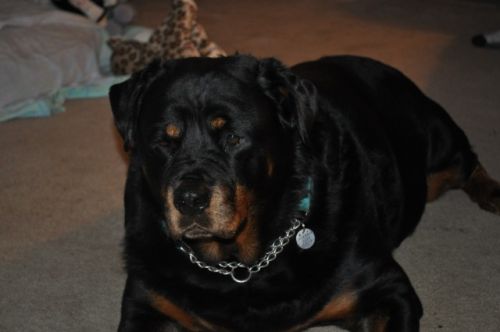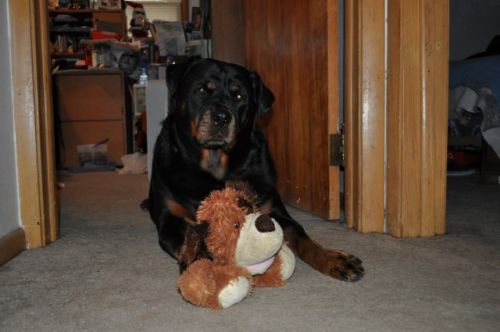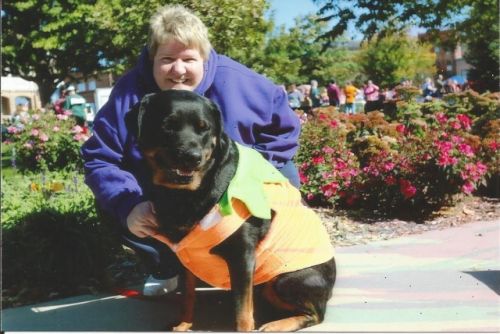I saw this on one of the pages I belong to on Face book and it is so true. It was on Paws to Angels, Pet Loss Center & Services With Love, Respect & Dignity. It is a business run here in Omaha. This is so so true.

“How long has it been? When is he going to get over that grief and move on already?”
I get it.
I know you might be thinking that about me or about someone else these days.
I know you may look at someone you know in mourning and wonder when they’ll snap out of it.
I understand because I use to think that way too.
Okay, maybe at the time I was self-aware enough or guilty enough not to think it quite that explicitly, even in my own head. It might have come in the form of a growing impatience toward someone in mourning or a gradual dismissing of their sadness over time or maybe in my intentionally avoiding them as the days passed. It was subtle to be sure, but I can distinctly remember reaching the place where my compassion for grieving friends had reached its capacity—and it was long before they stopped hurting.
Back then like most people, my mind was operating under the faulty assumption that grief had some predictable expiration date; a reasonable period of time after which recovery and normalcy would come and the person would return to life as it was before, albeit with some minor adjustments.
I thought all these things, until I grieved.
I never think these things anymore.
Two years ago I remember sitting with a dear friend at a coffee shop table in the aftermath of my father’s sudden passing. In response to my quivering voice and my tear-weary eyes and my obvious shell shock, she assured me that this debilitating sadness; this ironic combination of searing pain and complete numbness was going to give me a layer of compassion for hurting people that I’d never had before. It was an understanding, she said, that I simply couldn’t have had without walking through the Grief Valley. She was right, though I would have gladly acquired this empathy in a million other ways.
Since that day I’ve realized that Grief doesn’t just visit you for a horrible, yet temporary holiday. It moves in, puts down roots—and it never leaves. Yes as time passes, eventually the tidal waves subside for longer periods, but they inevitably come crashing in again without notice, when you are least prepared. With no warning they devastate the landscape of your heart all over again, leaving you bruised and breathless and needing to rebuild once more.
Grief brings humility as a housewarming gift and doesn’t care whether you want it or not.
You are forced to face your inability to do anything but feel it all and fall apart. It’s incredibly difficult in those quiet moments, when you realize so long after the loss that you’re still not the same person you used to be; that this chronic soul injury just won’t heal up. This is tough medicine to take, but more difficult still, is coming to feel quite sure that you’ll never be that person again. It’s humbling to know you’ve been internally altered: Death has interrupted your plans, served your relationships, and rewritten the script for you.
And strangely (or perhaps quite understandably) those acute attacks of despair are the very moments when I feel closest to my father, as if the pain somehow allows me to remove the space and time which separates us and I can press my head against his chest and hear his heartbeat once more. These tragic times are somehow oddly comforting even as they kick you in the gut.
And it is this odd healing sadness which I’ll carry for the remainder of my days; that nexus between total devastation and gradual restoration. It is the way your love outlives your loved one.
I’ve walked enough of this road to realize that it is my road now. This is not just a momentary detour, it’s the permanent state of affairs. I will have many good days and many moments of gratitude and times of welcome respite, but I’m never getting over this loss.
This is the cost of sharing your life with someone worth missing.
Two years into my walk in the Valley I’ve resigned myself to the truth that this a lifetime sentence. At the end of my time here on the planet, I will either be reunited with my father in some glorious mystery, or simply reach my last day of mourning his loss.
Either way I’m beginning to rest in the simple truth:
The day I’ll stop grieving—is the day I stop breathing.



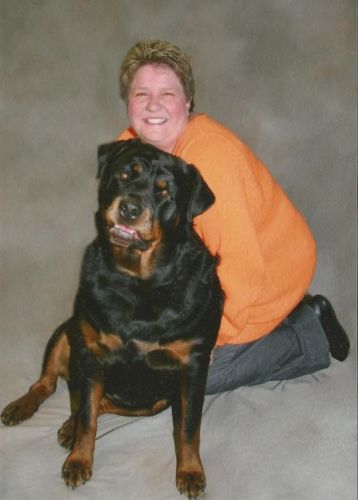
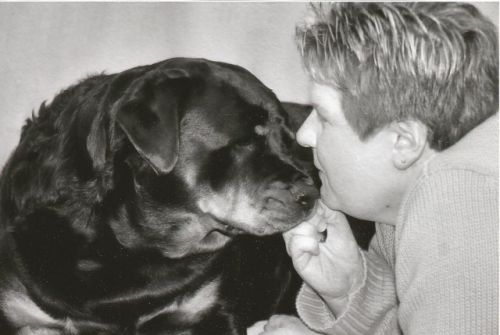
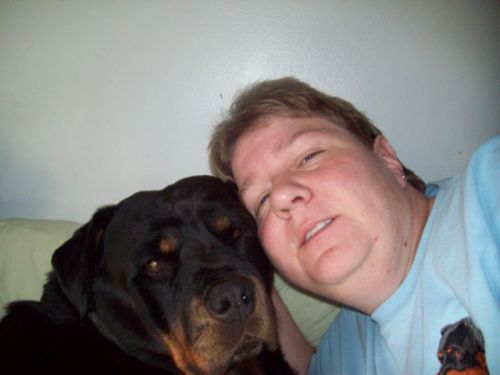
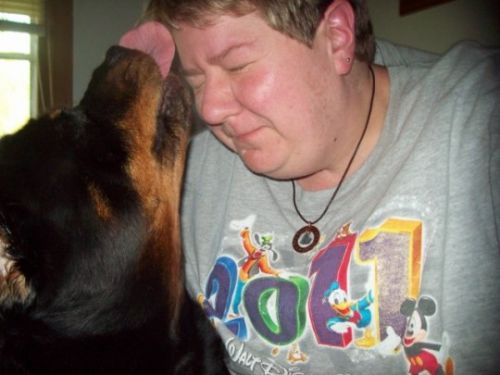


 \
\



